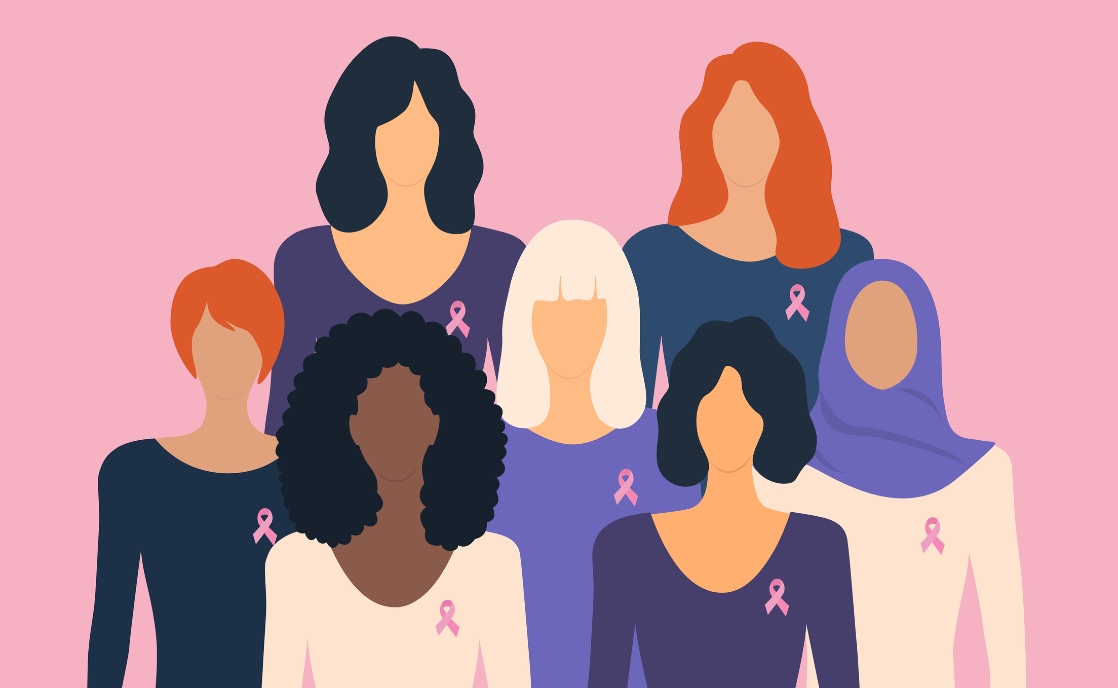In contemporary society, the intersection of health practices and spiritual paradigms often leads to profound insights regarding collective progress. The Bahá’í Faith, with its emphasis on unity, service, and social transformation, provides a unique lens through which we can explore various facets of personal and communal well-being. One compelling example of this intersection is found in the practice of routine mammograms. This medical procedure, while ostensibly a component of healthcare, embodies deeper principles reflective of Bahá’í teachings—signifying both a shift in personal perspective and a collective enhancement of societal progress.
At its core, the Bahá’í Faith advocates the notion of the oneness of humanity, positing that every individual is an integral facet of the collective whole. This theological principle reinforces the idea that spiritual and physical health are interdependent. Routine mammograms symbolize a proactive approach to health that transcends mere self-interest; they represent a commitment to the well-being of the community as a whole, aligning with the Bahá’í principle of service. When individuals engage in preventive health measures, they not only safeguard their own health but also contribute to a culture of wellness within the broader society.
The role of education is pivotal in promoting awareness and understanding of health practices. Indeed, the Bahá’í teachings emphasize the importance of knowledge as a catalyst for both individual and communal transformation. In the context of mammography, increased education about its significance can lead to a shift in attitudes—particularly among populations that may traditionally eschew such interventions due to cultural or historical factors. Women, in societies around the globe, may view routine mammograms as an infusion of empowerment, positioning themselves as proactive agents in their health narratives. The act of seeking preventive care nurtures an environment where health becomes a shared responsibility, breaking down barriers and fostering a spirit of cooperation.
Moreover, the practice of routine mammograms dovetails with the Bahá’í emphasis on consultation—a process that encourages open dialogue and collective decision-making. When women come together to discuss health matters, share experiences, and advocate for one another’s well-being, they cultivate a supportive community. This consultation not only reinforces individual empowerment but also underscores the collective strength inherent in unity. It challenges the misconception that health is a solitary pursuit by fostering a holistic understanding of care that includes emotional and spiritual dimensions.
Yet, observing the significance of routine mammograms through a Bahá’í lens invites further contemplation on the underlying spiritual implications. Bahá’ís believe in the concept of progressive revelation, which suggests that spiritual insights evolve and adapt over time in response to human needs. From this viewpoint, the increasing recognition of preventive healthcare as a societal norm can be perceived as a manifestation of spiritual progression. As humanity becomes more attuned to the importance of health—both physical and spiritual—it reflects an expansive consciousness moving towards collective maturity.
Additionally, routine mammograms serve as a tangible reminder of the interconnectedness of life. The Bahá’í teachings assert that the health of one individual directly impacts the health of the entire community. When a woman takes the initiative to undergo regular screenings, she not only protects herself from potential illness but also contributes to the greater goal of reducing health disparities. The ripple effect of such actions permeates through families, neighborhoods, and communities, fostering a culture of shared vigilance and care. In essence, the act of participating in routine health practices becomes an expression of love and responsibility towards others.
Given the global landscape of healthcare, the Bahá’í perspective encourages an inclusive approach. Access to routine mammograms is not merely a personal privilege but a universal right that should be advocated for on a systemic level. This venture aligns with the Bahá’í commitment to eliminate prejudice and promote equality. By striving to dismantle barriers that prevent equitable access to healthcare resources, Bahá’ís embody a concrete response to the call for social justice—integrating the pursuit of personal health with a commitment to community advocacy.
Furthermore, the relationship between scientific advancement and spiritual understanding is paramount. The Bahá’í teachings posit that science and religion must coexist harmoniously. As medical technology enhances the capabilities of screening processes, it is essential that spiritual wisdom informs our engagement with these advancements. Routine mammograms, as a product of scientific progress, are also imbued with potential to awaken spiritual insights about the sanctity of life and the importance of caring for one’s body. Such reflections inspire a deeper appreciation for the capabilities endowed by the Creator and foster a spirit of gratitude.
In conclusion, the practice of routine mammograms transcends the realm of medical necessity; it is emblematic of a more profound spiritual journey towards collective progress. Through the lens of Bahá’í teachings, this act signifies a commitment to self-care that resonates throughout communities, cultivating a culture of health, education, and advocacy. Ultimately, it invites individuals to reevaluate their health practices, embrace preventative measures, and recognize their integral role within the interconnected web of humanity. In doing so, routine mammograms become not merely a personal obligation, but a shared pathway towards spiritual and communal enlightenment, heralding a new era of conscious living.
